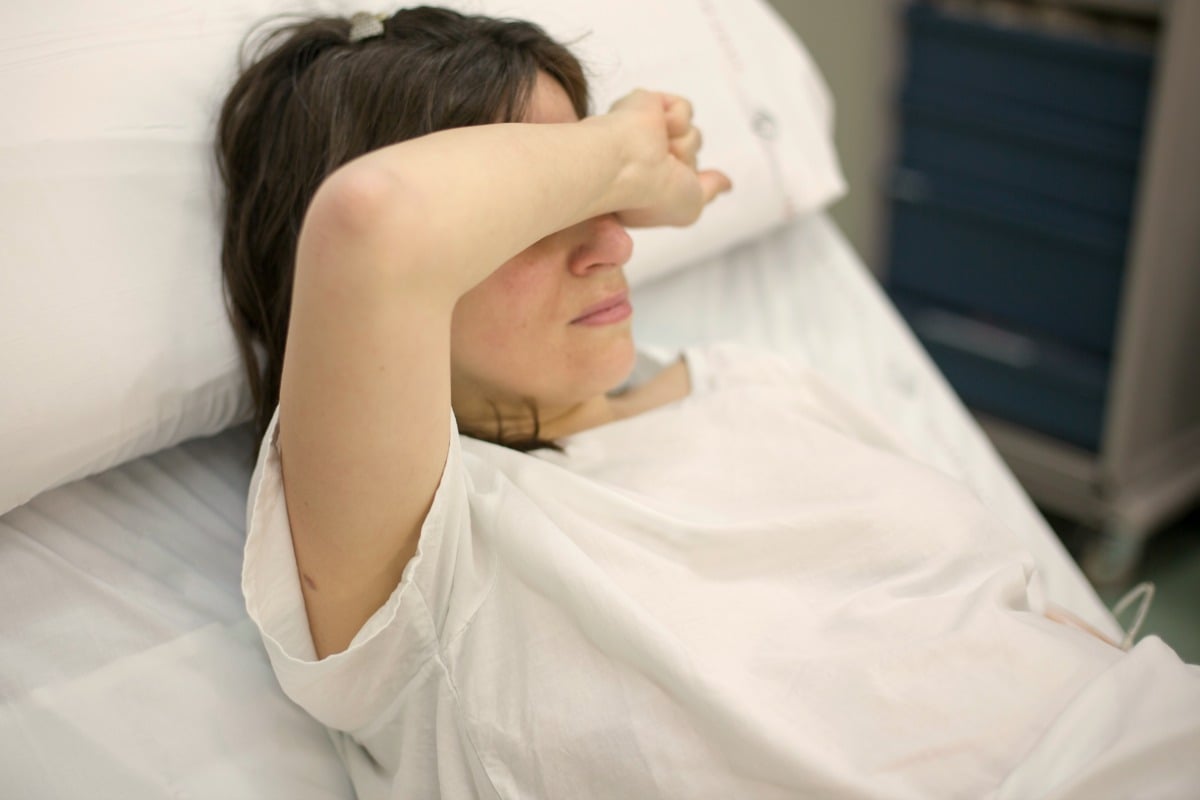
Every year, around 300,000 babies are born in Australia.
For women around the country, preparing for birth is an experience often marked by feelings of joy, anxiety, stress and anticipation.
But in the time of a global pandemic, the reality of preparing for and giving birth has never looked so different.
Speaking of COVID-19, celebrities are getting incredibly creative in isolation. Post continues below.
Typically, the weeks before giving birth are filled with time spent preparing, nesting and celebrating.
From baby showers and baby moons, to antenatal appointments and birthing classes, it’s a busy time.
But amid the outbreak of coronavirus, now officially known as COVID-19, preparing for birth as we know it has changed dramatically.
Birthing classes have been cancelled. Antenatal appointments have been moved online. And under social distancing regulations, baby showers are essentially banned.
READ: “It’s a scary and uncertain time.” 22 women share what it feels like to be pregnant right now.
In a time that’s already overwhelming, preparing for birth has become more difficult – both logistically and psychologically.




























































































